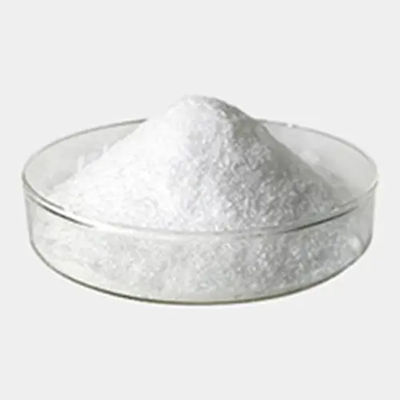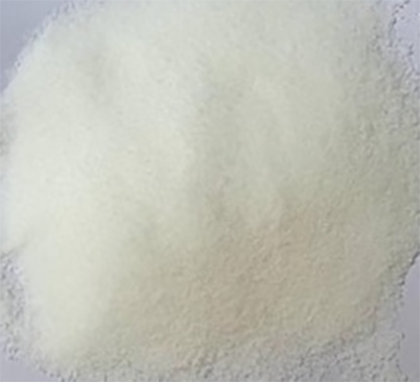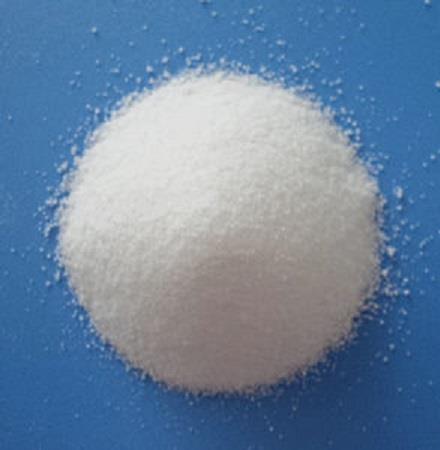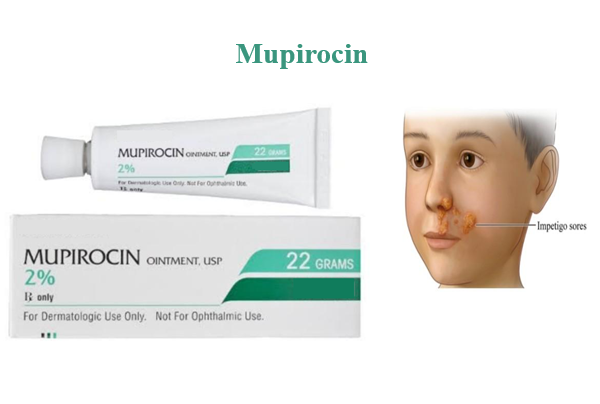Is ammonium chloride safe for the skin?
Description
Ammonium Chloride is an odourless, white powder. Ammonium Chloride fume is a finely divided particle dispersed in air and is produced in galvanizing operations. Ammonium Chloride is used to make dry batteries and ammonia compounds, as a soldering flux, as a pickling agent in zinc coating and tinning, and as fertilizer.
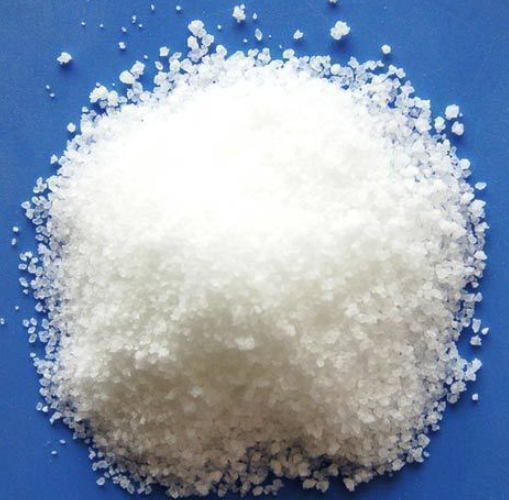
Uses
Ammonium chloride is usually needed to activate MDH assays with artificial electron acceptors. It acts as an activator at low concentrations by increasing Vmax, while an inhibitory effect can be observed at higher concentrations. The inhibitory effect of added ammonium chloride was suggested by molecular modelling due to the ammonium ion preventing methanol from binding properly to the active site of MDH.
The primary application of this compound is as a nitrogen source in fertilizers. Pharmaceutical companies use it as an ingredient in cough medicine. Other uses of ammonium chloride may include:
Acidifiers in food products
Flavoring agent
Photographic contrasting agent in archaeology
Constituent of tinning and galvanizing fluxes
Diuretic medicine
Glue for plywood
Additive in non-alcoholic toners
Generally, ammonium chloride should not be combined with potassium chlorate, lead salts, or alkalis. As a medication, it may interact with dichlorphenamide, dextroamphetamine, and spironolactone.
Many personal care products contain a form of ammonia - most commonly ammonium chloride. It is added to shampoos, hair colours, liquid hand soap, and body wash to create a thicker lather and make the products thicker and more viscous.
Like ammonia, Ammonium chloride becomes toxic and dangerous to your health when mixed with other household chemicals, especially bleach. Combining the right compounds can create explosive or noxious gases.
Even though ammonium chloride is generally considered safe, it can irritate your skin. If you have dry or sensitive skin, it is essential for men to use ammonia-free skincare products.
For example, salmiak — a salty licorice used in the Baltic region and Nordic countries — is based on ammonium chloride. Other dark sweets contain this food additive, too.
Small doses of ammonium chloride are unlikely to affect human health. The problem with this compound is that it poses hazards to the environment. Prolonged exposure to ammonium chloride fumes may cause respiratory problems, headaches, and eye irritation.
You may like
Related articles And Qustion
See also
Lastest Price from Ammonium chloride manufacturers
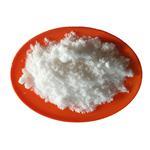
US $1.00/g2025-04-21
- CAS:
- 12125-02-9
- Min. Order:
- 1g
- Purity:
- 99%
- Supply Ability:
- 1000kg

US $10.00/KG2025-04-21
- CAS:
- 12125-02-9
- Min. Order:
- 1KG
- Purity:
- 99%
- Supply Ability:
- 10 mt

